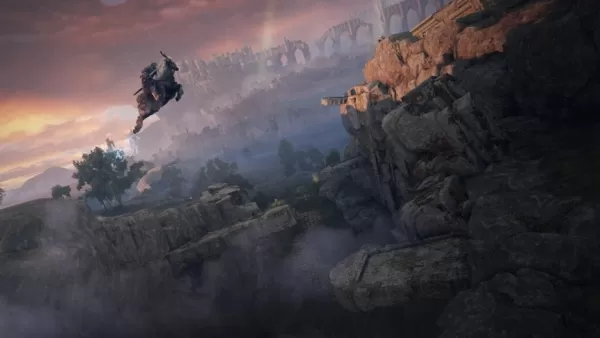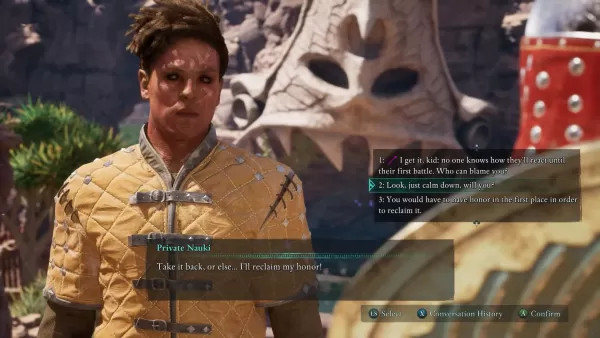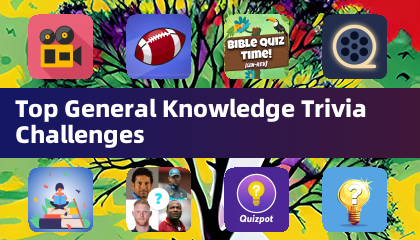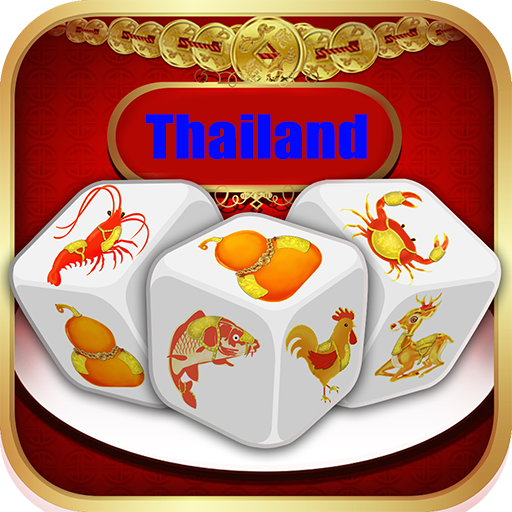Open-world games were once dominated by endless checklists. Maps cluttered with markers, mini-maps guiding every step, and objectives that felt more like tasks than thrilling adventures. But then, Elden Ring arrived, and FromSoftware tossed aside the conventional playbook, eliminated the hand-holding, and gifted players with something truly unique: genuine freedom.
We've collaborated with our partners at Eneba to delve into how Elden Ring has transformed the genre and why it's worth your admiration.
A World That Doesn’t Beg for Your Attention
Traditional open-world games often vie for your constant attention with incessant pop-ups directing your every move and reminding you of your next task. Elden Ring, on the other hand, takes a different approach—it whispers. It presents you with a vast, enigmatic world and encourages you to explore it at your own pace.
There are no overbearing UI elements vying for your attention. Instead, curiosity becomes your compass. If something in the distance catches your eye, venture towards it. You might uncover a concealed dungeon, a formidable weapon, or a menacing boss eager to challenge you.
The beauty of Elden Ring is its lack of level scaling. The world remains unaltered, challenging you to adapt. If an area proves too difficult, you can return later—or not at all. No one's stopping you from attempting to battle a dragon at level five with a broken sword. Just be prepared for the consequences.
It's never too late to delve into the Lands Between, especially when you can find an Elden Ring Steam key at a surprisingly affordable price on Eneba.
Exploration Feels Like Discovery, Not a Checklist
In many open-world games, exploration often feels more about completing tasks efficiently than embarking on an adventure. You rush from one marker to another, ticking off objectives like mundane errands. Elden Ring changes this narrative entirely.
There's no quest log spelling out your next destination. NPCs speak in enigmatic riddles, distant landmarks beckon without explanation, and the game refrains from spoon-feeding you information.

This approach might seem daunting, but it's what makes exploration so gratifying. Every cave, ruin, and fortress feels like your personal discovery. No one directed you there—you found it because your curiosity led you.
Moreover, unlike games where loot can feel random, Elden Ring ensures that every reward is meaningful. Stumble upon a hidden cave, and you might emerge with a game-altering weapon or a spell capable of summoning a meteor storm.
The Joy of Getting Lost (and Surviving)
Most games view getting lost as a setback. In Elden Ring, it's part of the thrill. You might take a wrong turn and find yourself in a notorious poison swamp. Or you could wander into what seems like a tranquil village, only to be ambushed by grotesque creatures. Yet, these moments breathe life into the world.
The game doesn't coddle you, but it does leave breadcrumbs. A statue might hint at an underground treasure, a cryptic NPC could suggest the presence of a hidden boss. If you're attentive, the world subtly guides you without dictating your path.
Open-World Games Will Never Be the Same?
Post-Elden Ring, the landscape of open-world gaming is irrevocably altered. FromSoftware demonstrated that players crave not constant guidance but mystery, challenge, and the exhilaration of discovery. We can only hope other developers heed this lesson.
If you're eager to immerse yourself in a world that doesn't merely suggest exploration but insists upon it, digital marketplaces like Eneba offer incredible deals on a variety of gaming experiences. Whether it's Elden Ring or other must-play titles, your next adventure is just a few clicks away.































